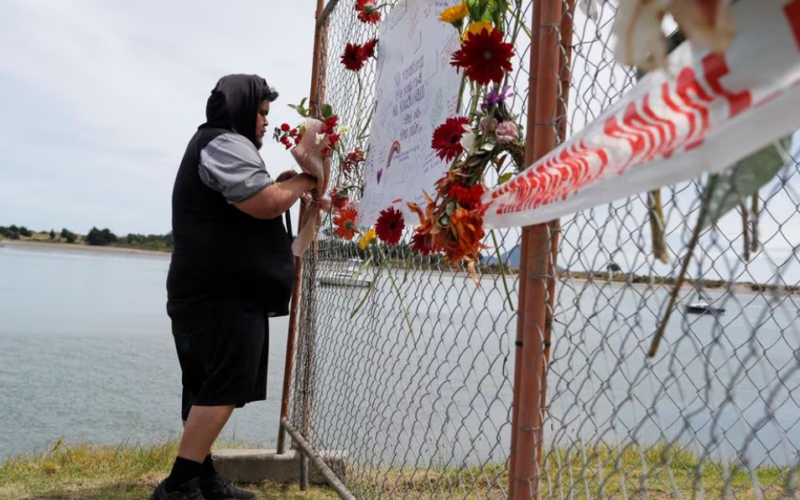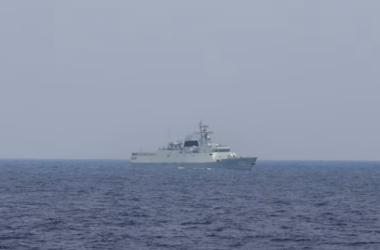The long-awaited sentencing for individuals and entities involved in the White Island volcanic eruption tragedy in New Zealand commenced on Monday, marking a pivotal moment in the legal aftermath of the catastrophic event that claimed 22 lives, predominantly tourists, in 2019. As the court proceedings unfold, the prosecutor cautioned that financial penalties imposed on the defendants may remain unmet, underscoring the gravity of the situation and the profound loss experienced by victims and their families.
On December 9, 2019, White Island, also known as Whakaari, was engulfed by a devastating volcanic eruption, leaving 47 individuals, including tourists and tour guides, trapped in its deadly aftermath. The eruption resulted in severe injuries, with survivors enduring burns caused by scorching gas and ash. The majority of the victims hailed from countries such as Australia, the United States, and Malaysia, highlighting the international impact of the tragedy.
Among those facing sentencing are tour booking agents and managers, including White Island Tours, Volcanic Air Safaris, Kahu New Zealand, and Aerius, along with the corporate owner of the island, Whakaari Management Limited. These entities stand accused of failing to adequately ensure the safety of workers and visitors to the island, with each facing criminal charges carrying maximum fines of NZ$1.5 million ($924,750.00).
In her opening statement, prosecutor Kirsty McDonald emphasized the profound loss and suffering inflicted by the eruption, describing the devastation as immeasurable. The court proceedings are expected to provide a platform for victims and their families to share poignant accounts of the impact of the eruption on their lives, underscoring the enduring trauma and grief stemming from the tragedy.
Despite the severity of the charges and the magnitude of the loss, concerns have been raised about the defendants’ ability to fulfill financial penalties. McDonald revealed that some defendants had indicated their inability to pay fines, heightening the complexity of the sentencing process.
While White Island Tours and Volcanic Air have insurance coverage totaling NZ$5 million and NZ$300,000 respectively for reparation payments, other entities reportedly lack the financial resources to meet reparation obligations. The disparity in financial capacity among defendants underscores the challenges in achieving justice and restitution for victims and their families.
Additionally, government-funded research institute Geological Nuclear Sciences faces sentencing for its failure to ensure the health and safety of helicopter pilots involved in transporting scientists to the island. This charge, though unrelated to the eruption itself, further underscores the importance of stringent safety measures in hazardous environments.
As the legal proceedings unfold, New Zealand grapples with the enduring ramifications of the White Island eruption, with the quest for accountability and justice serving as a poignant reminder of the need for robust safety protocols and oversight in the tourism industry.








